Healing Salve
$30.00
Symphytum tincture, derived from Symphytum officinale, contains allantoin and may promote wound healing, reduce inflammation, and support skin and joint health when applied topically. Avoid internal use due to potential liver toxicity from pyrrolizidine alkaloids, and consult a healthcare provider before use.
In stock
- Premium Quality
- Secure Payments
- National Shipping
Description
Symphytum Officinale Salve
Symphytum officinale
A Symphytum tincture, made by extracting the leaves or roots of the Symphytum officinale plant in alcohol or a similar solvent, is used in traditional and alternative medicine for its potential health benefits. Below is a concise overview of its purported benefits, based on traditional use, preliminary research, and available information:
Potential Benefits of Symphytum Tincture
Wound Healing and Skin Health:
-
Symphytum contains allantoin, a compound believed to promote cell regeneration and accelerate wound healing, making it useful for cuts, abrasions, or burns.
-
Traditionally applied topically (diluted) to treat skin conditions like eczema, psoriasis, or minor irritations.
Anti-Inflammatory and Pain Relief:
-
Symphytum’s anti-inflammatory properties may help reduce swelling and pain in conditions like arthritis, sprains, or muscle soreness.
-
Anecdotal evidence supports its use for soothing joint and muscle discomfort when applied topically.
Bone and Connective Tissue Support:
-
Known as “knitbone,” Symphytum has been traditionally used to support healing of bruises, sprains, and minor fractures due to its allantoin and rosmarinic acid content.
-
Limited studies suggest it may aid tissue repair, though clinical evidence is sparse.
Skin Moisturizing and Repair:
-
When diluted and applied topically, Symphytum tincture may hydrate and repair dry or damaged skin, potentially reducing the appearance of scars.
-
Its astringent properties may improve skin tone and texture.
Antimicrobial Effects:
-
Symphytum may have mild antimicrobial properties, which could help prevent infections in minor wounds or skin abrasions.
-
Traditional use includes applying it to clean wounds to support healing.
Joint and Muscle Health:
-
Topical application of Symphytum tincture is often used to alleviate discomfort from strains, tendonitis, or overworked muscles.
-
Some studies, like those on Symphytum ointments, suggest it may reduce pain in back or joint injuries.
How It’s Used
-
Oral Use: Not recommended due to the presence of pyrrolizidine alkaloids (PAs), which can be toxic to the liver.
-
Topical Use: Diluted with a carrier oil (e.g., coconut or jojoba) or water and applied to skin for localized benefits.
-
Compresses: Diluted tincture may be used in compresses for bruises, sprains, or joint pain.
Precautions
-
Dilution: Tinctures are highly concentrated; undiluted use can irritate skin or mucous membranes.
-
Allergies: Some individuals may be allergic to Symphytum. Patch-test before topical use.
-
Toxicity: Contains pyrrolizidine alkaloids (PAs), which can cause liver damage or be carcinogenic; avoid internal use and prolonged topical use.
-
Pregnancy/Breastfeeding: Avoid use due to potential toxicity and insufficient safety data.
-
Drug Interactions: Consult a healthcare provider if using other topical treatments or medications.
-
Quality: Use only high-quality, low-PA Symphytum tincture from reputable sources to minimize toxicity risks.
While Symphytum has a long history in traditional medicine (e.g., European herbalism), many benefits are supported by anecdotal evidence or early-stage research rather than large-scale, peer-reviewed clinical trials. Always consult a healthcare professional before using Symphytum tincture for medical purposes.
Additional information
You must be logged in to post a review.


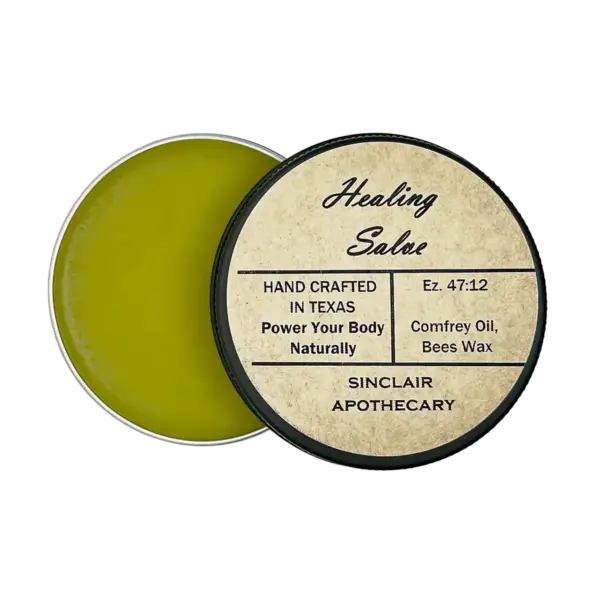
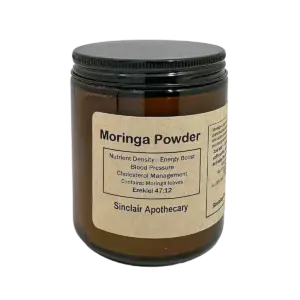

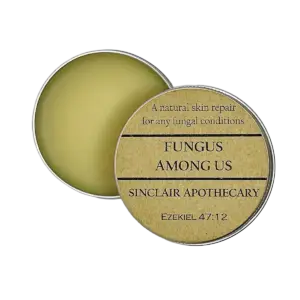
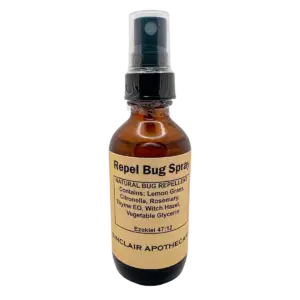

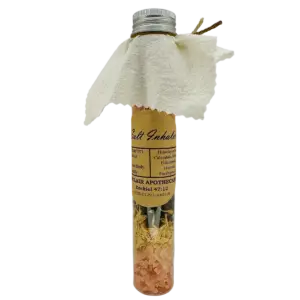
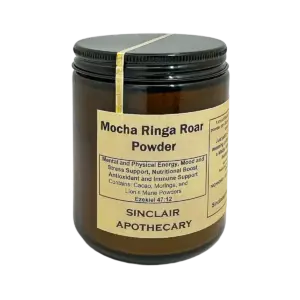
Reviews
There are no reviews yet.